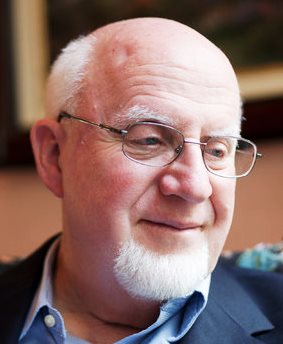
A gracEmail subscriber wants to know what message the Apostles and other first-generation Christians spread, so potent that those who spread it were accused of turning the world upside down.
* * *
The Book of Acts reports the summaries of a dozen or more of those very messages, beginning in Acts 2, in which Peter tells the curious Pentecost crowd that Jesus is the Messiah whom they murdered but whom God raised from the dead (Acts 2:22-36). Peter and John heal a lame man and a crowd gathers. “You killed Jesus, the author of life,” Peter says, “but God raised him from the dead” (Acts 3:13-15). Hauled before the Sanhedrin, Peter tells them that God raised Jesus whom they had killed (Acts 5:30-32). Stephen tells the Sanhedrin that he sees Jesus whom they murdered, standing at God’s right hand–obviously raised and glorified (Acts 7:51-56).
Away from Jerusalem and to a variety of hearers the message remains the same. To Italians in Caesarea Peter says: “The Jerusalem Jews killed Jesus, but God raised him from the dead” (Acts 10:39-40). Paul tells Jews in Antioch that the Jerusalem Jews killed Jesus, but God raised him from the dead (Acts 13:27-30). He explains to the Jews in Thessaonica that it was necessary for the Messiah “to suffer and to rise from the dead” (Acts 17:1-3). Paul tells the Greeks in Athens that God raised Jesus and appointed him judge of the world (Acs 17:30-41). Back in Jerusalem, Paul insists to the Sanhedrin that the Messiah has to suffer and be the first to rise from the dead (Acts 26:22-24).
The first verse of Acts is about Jesus. The last verse of Acts is about Jesus. And so are the messages in between. So is the gospel–and so is the Bible that contains it. Based on what Luke reports throughout Acts, the highlight and climax of the story of Jesus on earth is that God raised him from the dead. The resurrection of Jesus Christ is the basis of our faith and the grounds of our hope. It is the reason you can greet me by saying: “Christ is risen!” And it is why I can respond to you: “He is risen indeed!”